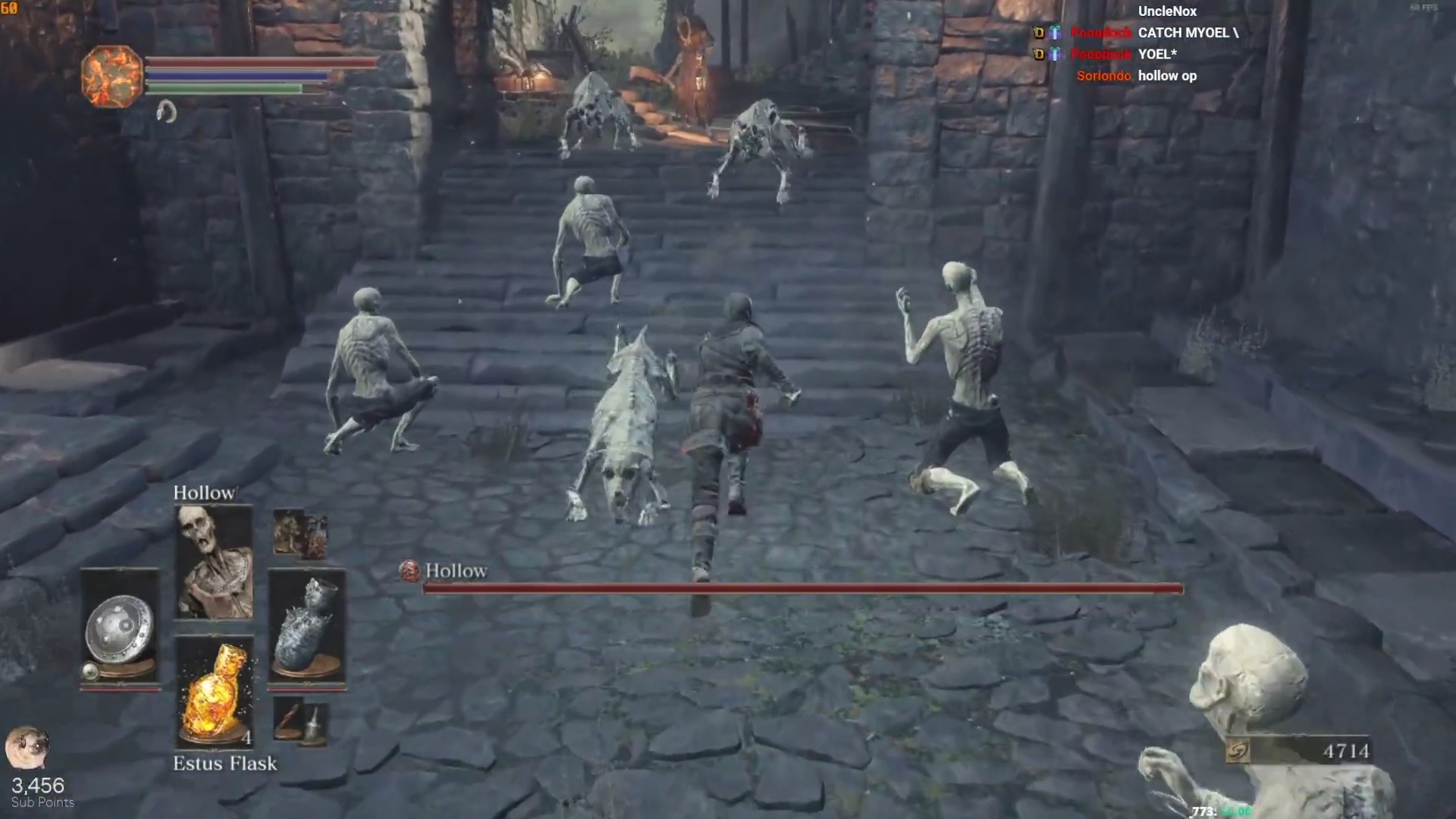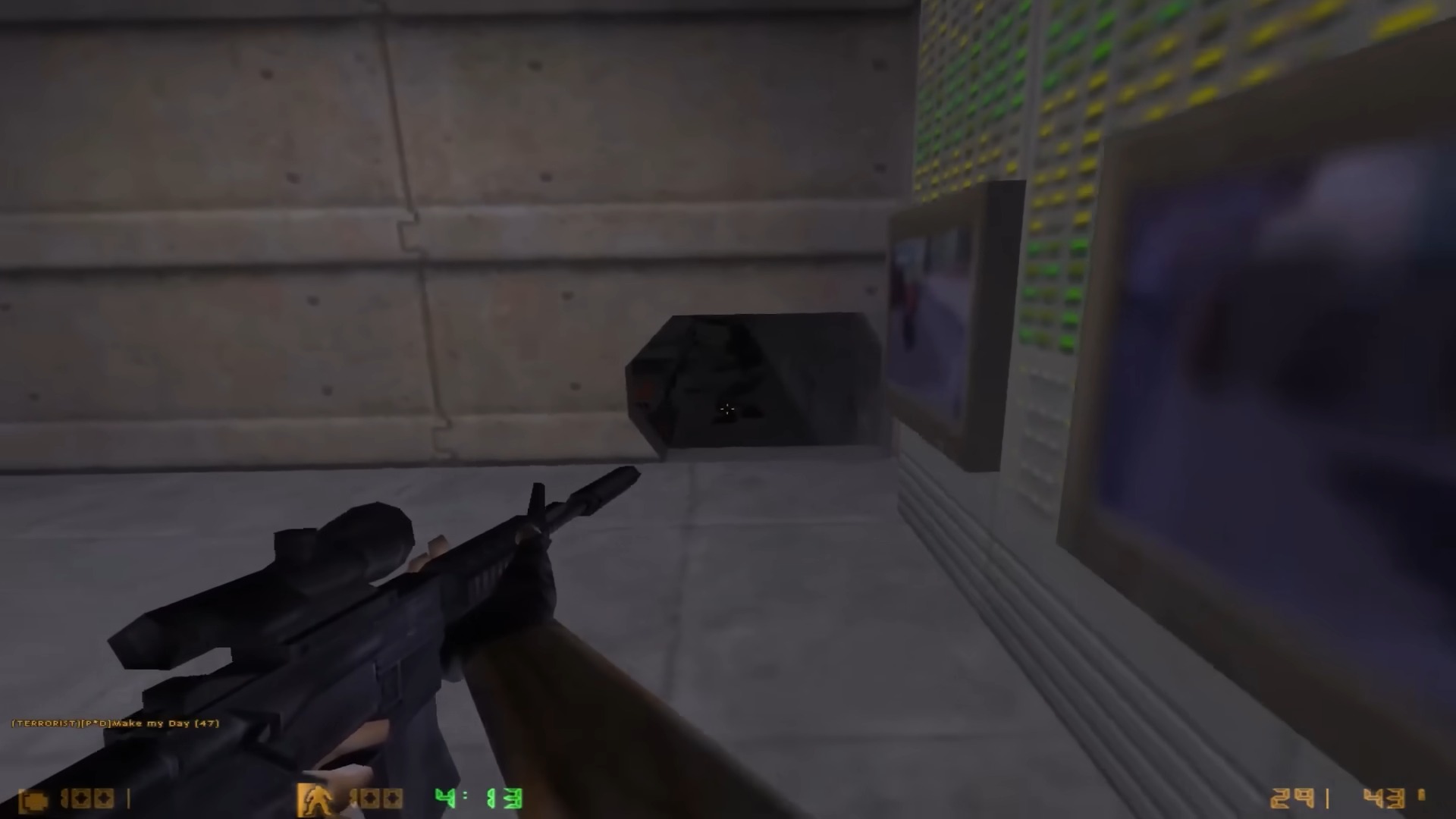Nintendo’s ongoing legal battle with Palworld developer Pocketpair has taken a surprising new turn in Japan. According to this latest Gamesfray report, fresh filings at the Tokyo District Court reveal that Nintendo has modified one of the patents at the heart of the case. Asking the courts not to treat mods as “prior art”, a move experts are calling both extreme and dangerous.
Florian Müller, the litigation expert behind Gamesfray, calls this stance “almost insulting,” arguing that modders contribute real, incremental innovation to gaming and shouldn’t be ignored. If Nintendo’s position holds, it could set a precedent where game companies patent mechanics pioneered by mods, leaving creators vulnerable.
Why mods are relevant to the Nintendo vs Pocketpair case
As reported previously, Pocketpair’s defense has amassed a bunch of examples of prior art. So, demonstrating ideas that existed before Nintendo filed its patents in 2021. In patent law, prior art refers to anything that shows an idea or invention was already out there; if proven, it can weaken or even invalidate a patent altogether.
One example Pocketpair points to is Pocket Souls, a Pokémon-themed mod for Dark Souls 3. The studio argues that mods like this demonstrate Nintendo’s claimed mechanics weren’t original at the time of filing (in 2021).
Nintendo claims that mods don’t count as prior art because they depend on another game to run and, therefore, shouldn’t be used to challenge patents.
Why experts are alarmed
Mueller disagrees strongly, calling this argument extreme and unnecessary. Firstly, prior art typically has a broad definition in patent law. Courts tend to consider whether creators (like developers) would look at mods for inspiration, and they often do.
If Nintendo wins on this basis, companies could patent mechanics first pioneered by mods, leaving modders exposed with no legal protection. Counter-Strike for example, started as a mod for Half-Life in 1999, becoming so popular it became its own standalone game. By Nintendo’s standards, this isn’t innovation, and they could patent it for themselves after the fact.
If Nintendo wins on this basis, companies could patent mechanics first pioneered by mods, leaving modders exposed with no legal protection.
Mueller warns that this approach shows “utter disregard” for the creativity modders bring to the gaming industry. Modders would have little recourse, for example, started as a mod for Half-Life in 1999, becoming so popular that they would have to file patents themselves (something hobbyists almost never do).
Modders could become “fair game” for larger companies to exploit. “For example, in the United States, the thief would just have to file for patents within less than a year of the release of a given mod.”
What else is happening in the case so far
The mod debate is just one of several issues preventing the case from concluding. Nintendo has already changed the wording in another patent relating to switching rides in mid-air, moving the goalposts for Pocketpair, and is requesting an injunction against the company, though Pocketpair argues it has already worked around any alleged infringements.
Nintendo is pushing for broad interpretations of its patents, while Pocketpair continues to highlight how Palworld differs from Pokémon’s traditional turn-based design.
Because of Nintendo’s patent amendment, little else is expected to happen this year. The court may share its preliminary view with the parties in 2026, but for now, the case is at a standstill.
Still, the precedent it could set is concerning. Nintendo’s actions recently have caused raised eyebrows, only recently managing to secure a patent in the U.S for the simple mechanic of summoning a character to auto-attack in a game. Yet only last week, the Nintendo Direct featured Pokémon Pokopia, a game with base building (as featured in Palworld and Minecraft). Rip-offs for me, and not for thee indeed.
Source link




